
The library is here to support you in your pursuit of teaching excellence. We have created a short list of new books from our collection that will have new ideas for even the most experienced faculty.
The books below have a range of information from the practical to the philosophical. These books cover all stages of the teaching process from crafting a syllabus to receiving student feedback.
The selections include books in physical collection and some ebook resources. Enjoy!
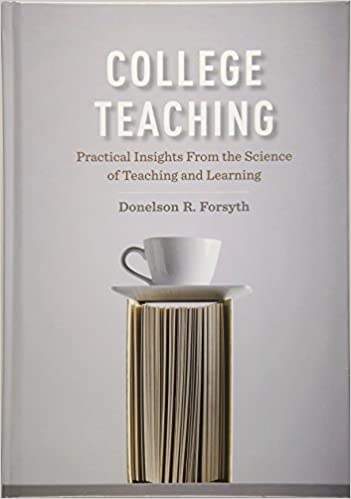
College teaching: practical insights from the science of teaching and learning
by Donelson R. Forsyth
This book examines the many choices professors make about their teaching, beginning with their initial planning of the course and its basic content through to the final decisions about grades and assessing effectiveness.
Chapters address the following topics: Planning; Lecturing; Leading discussions; Student-centered teaching methods such as collaborative or experiential activities; Testing and grading; Helping students through feedback and guidance; Managing classroom dynamics; Using technology effectively; Evaluating and documenting one’s contributions as a teacher. Brief research analyses show why certain techniques work better than others.
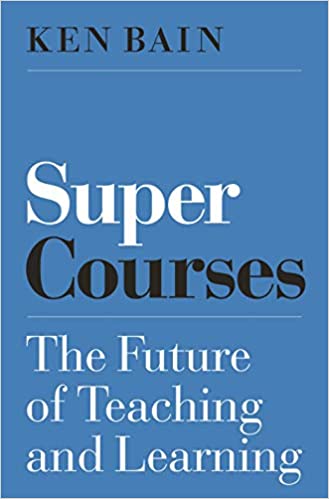
Super courses: the future of teaching and learning
by Ken Bain
Everything matters when it comes to teaching and learning: student characteristics, the school itself, and cultural ideas about the value of higher education, to name a few.
Most of these influences are outside the college instructor’s control. Other issues, however — such as a course’s intellectual demands, type of feedback students receive, the instructional methods, and the relationship that connects professor to student — are controllable.
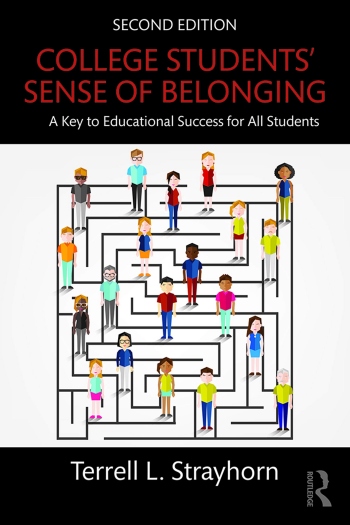
College students’ sense of belonging: a key to educational success for all students
by Terrell L. Strayhorn
“Belonging – with peers, in the classroom, or on campus – is a critical dimension of success at college. It can affect a student’s degree of academic adjustment, achievement, aspirations, or even whether a student stays in school.
This book explores how belonging differs based on students’ social identities, such as race, gender, sexual orientation, or the conditions they encounter on campus.
The second edition of College Students’ Sense of Belonging explores student sub-populations and campus environments, offering readers updated information about sense of belonging, how it develops for students, and a conceptual model for helping students belong and thrive.
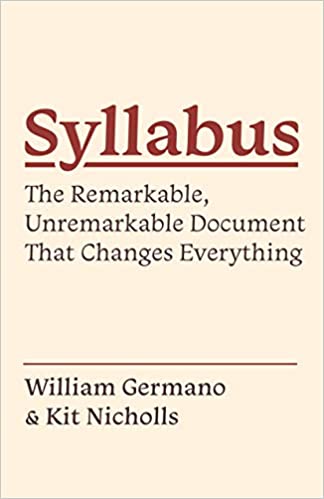
Syllabus: The Remarkable, Unremarkable Document That Changes Everything
by William Germano
In Syllabus, William Germano and Kit Nicholls take a fresh look at this essential but almost invisible bureaucratic document and use it as a starting point for rethinking what students—and teachers—do. What if a teacher built a semester’s worth of teaching and learning backward—starting from what students need to learn to do by the end of the term, and only then selecting and arranging the material students need to study?
With fresh insights and concrete suggestions, Syllabus shifts the focus away from the teacher to the work and growth of students, moving the classroom closer to the genuinely collaborative learning community we all want to create.
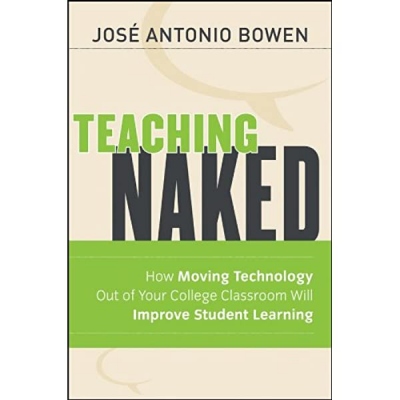
Teaching naked techniques: a practical guide to designing better classes
by Jose A. Bowen and C. Edward Watson
Teaching Naked Techniques helps higher education faculty design more effective and engaging classrooms. The book focuses on each step of class preparation from the entry point and first encounter with content to the classroom ‘surprise.’ There is a chapter on each step in the cycle with an abundance of discipline-specific examples, plus the latest research on cognition and technology, quick lists of ideas, and additional resources.
By rethinking the how, when, and why of technology, faculty are able to create exponentially more opportunities for practical student engagement. Student-centered, activity-driven, and proven again and again, these techniques can revolutionize your classroom.
Visit the library to collect these and other great teaching resources.
